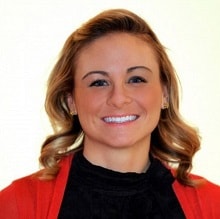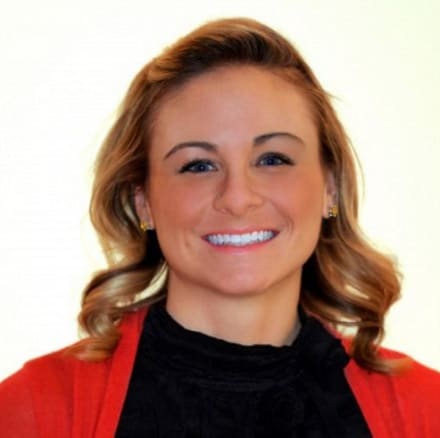Inside Angle
From 3M Health Information Systems
What will healthcare workers do in an AI-powered healthcare landscape?
There is a lot of speculation about the disruption that Artificial Intelligence (AI) will bring to health care. This disruption discussion often covers the applicability and the impact (opportunities and detriments) of AI. As the majority of these topics have been discussed in detail elsewhere (though briefly touched on here), this blog reflects on what healthcare workers will do when AI is realized in health care. The arrival of AI in health care is not a question of “if,” but a question of “when.” When technology allows computers to address complex tasks typically thought to be solvable only by humans, how will it impact the 12,440,670 members of the healthcare workforce?
The current churn about the role of AI in health care reflects a variety of viewpoints. Some individuals feel that the arrival of AI is long overdue. They claim that machine learning technology is underutilized and protest that the Electronic Health Record (EHR) has turned physicians into data entry professionals, arguing that we should be past the point in which technology is utilized to provide accurate personalized clinical decision support. Others are extremely pessimistic about AI’s promise and resist the practice of what they believe to be “cook-book medicine.” These individuals are fearful that highly specialized yet routine tasks currently performed by humans (i.e. pattern recognition reading of echocardiograms/CT scans) will no longer require human input.
Despite one’s position on AI, it is well accepted that AI will continue to advance and be applied to health care. Broad applications for AI in health care will attempt to solve inefficiencies, augment decision processes, and interpret and predict patterns. This suggests that technology has the potential to reduce the amount of personnel required to deliver care, thus increasing the vulnerability of employees to potential job loss. Historically, the idea that machines could replace humans was viewed as limited to manual or industrial work, but it is now conceivable and even proven that information tasks can be automated.
The idea that one’s job could be taken over by a computer is a daunting thought. Interestingly, statements such as “If only there was more work for me to do” or “I have so many resources to do so little” are rarely, if ever, made by those who work in health care. It’s much more likely to hear “We have to do more with less!” or “I have so much to do I don’t know when I can get to that.” The workload that healthcare professionals face today can be overwhelming and burdensome. Yet, the fear of AI is often rooted in the idea that there is a finite amount of work. This is known as the “lump of labor fallacy.” Reflecting on how much “work” there is to be done in health care today, there is obvious opportunity to computerize the repetitive, routine exercises humans perform every day without jeopardizing and destabilizing the job market.
So, rather than revel in anxiety about the potential for AI to reduce the need for human labor, we must embrace the opportunity to leverage human knowledge and address critical areas that won’t be touched by AI automation. When particular tasks are computerized it increases the demand for humans to perform tasks that computers cannot do. Humans are innately curious, always seeking to understand and impact the environment around them. Computers lack this eagerness to learn and thus are not seeking further wisdom. In health care especially, professionals will be responsible for questioning the information and knowledge offered by AI, making it possible to move away from determining care through hypothesis generation to accelerating quality care delivery armed with AI-produced information. Considering this, what tasks should be automated among your day-to-day activities? What will you accomplish with the additional time available to you as a result of automation? There are infinite opportunities.
Amy Sheide is a clinical analyst at 3M Health Information Systems and is a member of the Healthcare Data Dictionary (HDD) team.


